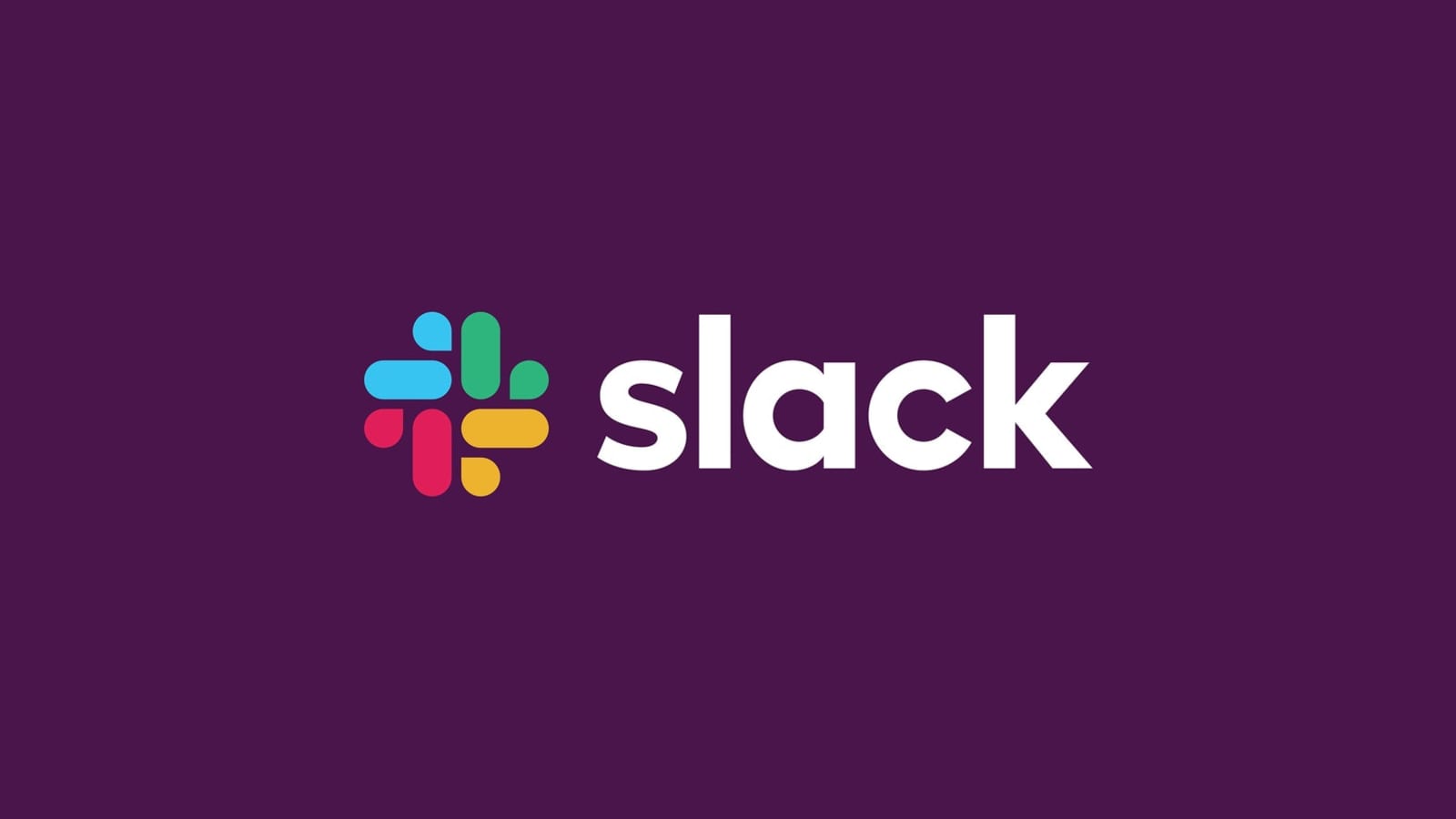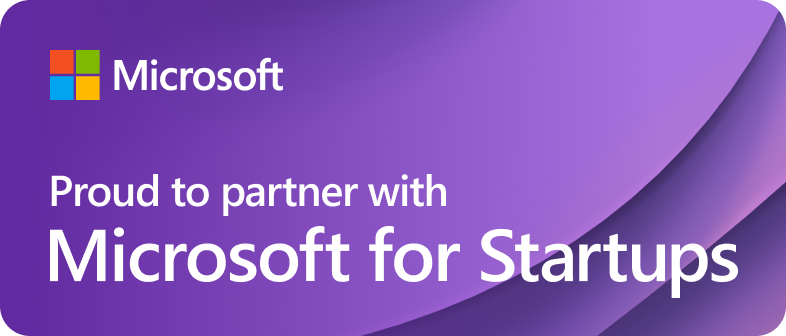Slack is a computer application that works like a chatroom for business communication developed by slack technologies. Used mainly for team communication, developers came up with the solution when they realized there weren’t many good apps for organizations to communicate both as a group and in personal one-on-one discussions. Through Slack, you can communicate as a group through channels, or privately via the “direct messaging” option.
Slack and its popularity:
Slack Technologies was founded way back in 2009. The company was formerly known as Tiny Speck between 2009 and 2014. It was later until Tiny Speck launched Slack in 2013 that it changed its name to Slack Technologies. “Searchable Log of All Conversation and Knowledge” is an acronym given to Slack long after its name was released.
The software instantly gained fame, owing to its cool features which allowed teams to join a workplace. It also integrated with third-party services like:
-
Google Drive
-
Trello
-
Dropbox
-
IBM Bluemix
-
Runscope
-
Zapier
-
Heroku
-
Crashlytics
-
GitHub, etc.
Though the free version of the software only allowed 10,000 most recent messages to be viewed and searched, it’s easy features became the talk of the town. Slack also provided API, or application programming interface, which allowed users to create automated processes and applications. It outpaced the new alike apps by out funding them. But why are we looking for an alternative for it then? Because isn’t it better to have options, with all pros and cons laid out so it helps us decide?
We will point a few cons of slack:
-
a small learning curve to get most of the product
-
inability to block users
-
it can get expensive
-
when pasting a large code snippet, it hangs and must be force closed
-
Slack app on Windows consumes a lot of RAM. And can cause programmers to slow them down
-
conversations get deleted after 14 days, so if you are sent something important within a channel, make sure you make a note of it before that
Why are people looking for alternatives for Slack?
The free Slack version provides you with a variety of features including 10 apps or service integrations, as well as searchable message archives for up to 10k of your team’s most recent messages.
Slack has two tiers of paid plans as well. These are the Standard and Plus versions. Slack Standard costs $8 per person per month, or a few cents more than $80 per person when paying annually. Slack Plus costs $15 per user per month or $150 per person per year.
New startups and small businesses who can not afford slack and have set their standards are used to working on slack but can not afford the paid version if they need its full features. So we will go through some of the best alternatives to slack for your business.
The Best Alternatives
nTask:
This cloud-based task management solution caters to small businesses and individuals by providing users with tools that enable collaboration with team members, task management, meeting scheduling, etc.
Pricing:
-
basic (for freelancers) is free
-
premium (for SMEs and startups) for $2.99-month
-
business for larger corporates for $7.99
-
custom on user’s demand
Pros:
-
the free version is better than then paid versions of most of its competitors
-
lightweight, yet powerful
-
suitable for both SMEs and large companies
-
top-notch security and customer support
Cons:
-
customer support is not top-notch
-
coming features take a long time
-
the user interface needs more customization
Rocket chat
This alternative provides free chat and is an open-source, scalable, highly customizable, and secure platform that allows you to communicate and collaborate with your team, share files, and chat in real-time.
Pricing:
- the basic version is free
- the paid version starts at $3.00 per month, per user
Pros:
- can be installed on your own server
- friendly designed interface and this tool supports
- messaging is robust
- voice quality is good
- features are simple and functional
Cons:
- can sometimes be tricky or even impossible to update the features
- settings can sometimes be a little difficult to understand
- Support and Sales are difficult to contact
Microsoft Teams
This part of Microsoft 365 is a cloud-based solution designed for business communications to help teams manage chat, meet, file sharing, team discussions, and more.
Pricing:
- the basic version is free
- the paid version starts at $5.00 per month, per user.
- Microsoft Teams offers a free trial
Pros:
- clear call quality
- easy ability to multitask without having to end a call or presentation
- integration with SharePoint and Office 365
- messaging feature
- ability to save favorite messages
Cons:
- complex user interface
- setup of the software is confusing
Fleep:
Fleep is collaboration software for your team which combines team chat with email, lightweight task management, and video calling. You can use Fleep if you are especially looking to make internal communication faster at your company.
Pricing:
- the basic version is free
- the business version costs $5 per user per month billed annually
- enterprise version varies on custom demand
Pros:
- puts managers in control of their team’s content
- chat across and outside teams with a single identity
- great user experience
- quick customer service
Cons:
- lesser native integrations than others
- problems with cross-device compatibility
Twist:
This new communication app is for modern teams. This collaboration hub brings all your conversations, files, and people together for great teamwork.
Pricing:
- the free version has limits on searches, storage, and the number of integrations
- unlimited version costs $6 per person per month or $60 per person per year
Pros:
- design is clean
- focus is purely communication for those looking solely for it
- can add different team members to different projects
- managing communication is easier in Twist as it stores all data into the cloud database
- unlimited account holders get priority support
Cons:
- not the easiest tool to grasp
- the user interface can be complicated sometimes
For the people with small startups or freelancers, the above-mentioned alternatives for slack are the best ones they can ask for, with somewhat similar features but with lower prices making it affordable and compatible.
So, leave your advice for others on what really is the best alternative for Slack.


